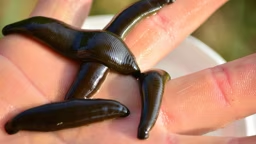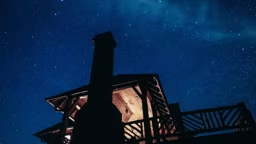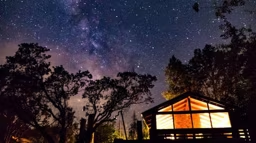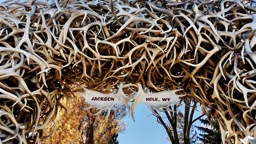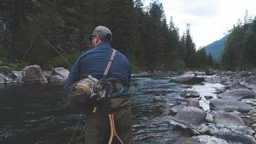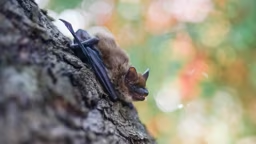– Roberta & George Snyder, via e-mail
A There is something special about loons, isn’t there? And you’re right, loons and other migrating birds will be affected by the oil spill, something loon lovers and wildlife conservation groups are very concerned about. Time will tell just how much damage the oil spill will cause.
Loons subsist entirely on a diet of fish and other aquatic animals. So they are particularly susceptible to the damaging effects of water pollution, which can accumulate in the aquatic food chain.
Will the loons migrating to the Gulf area be undeterred by potentially contaminated food sources, or will they avoid those waters, and push forward to find a better spot? Not even wildlife biologists know much at this point. And many loons – some estimates say around half of the loon population – don’t go to the Gulf, but spend their winters in southeastern coastal areas.
The soonest we’ll have any sort of idea will be early December or January, when the birds typically arrive. Conservation and wildlife organizations working onsite will be able to give us details of what’s happening.
In Wisconsin, the state’s Department of Natural Resources (DNR), in collaboration with the Minnesota DNR and the U.S. Geological Survey, has implanted 10 loons with satellite transmitters to keep track of their movement this winter. It’s a small number, but a start nonetheless, and will help them determine where the loons are going and whether they’re coming back.
In another part of this study, which actually originated with a desire to know more about avian botulism, 70 loons were equipped with geo locators. These locators record many details: how deep loons are diving, where they are wintering, what they’re eating, etc. Geo locators, however, require that the loons be recaptured so the data can be downloaded, which means this information won’t be accessible in real time.
What we do know is this: Species can bounce back after disasters if there is enough of an effort to re-establish habitat. Thankfully, we have a lot of loon lovers – from those working in the Gulf area, to volunteers and paid conservation workers in loons’ home states, to those contributing money to the cause – and they are working to help loons remain in abundance.
 Denise Dupras
Denise Dupras 


